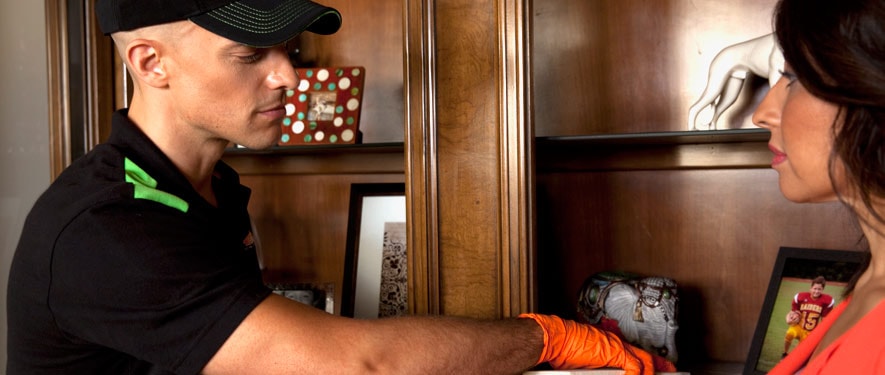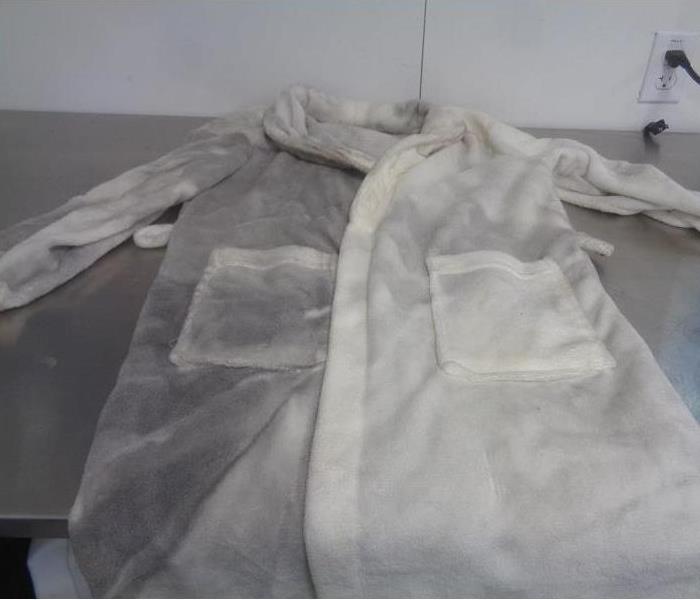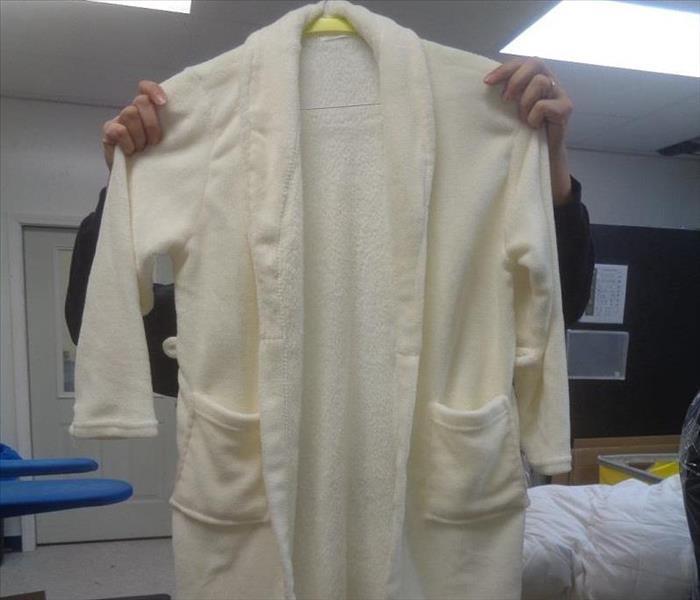
Fire Damage Emergency Tips
What you can do until help arrives
Water Tips | Fire Tips | Biohazard Tips | Mold Tips
In today’s busy world it can be easy to forget about the little things. Most of us have been told the process of using a fire extinguisher properly at least once, but in an emergency do you know well enough to not panic? There is a handy mnemonic that makes the steps easier to remember: PASS
- Pull– Pull the pin from the top of the fire extinguisher near the handle. This pin is in place to prevent the handle from being depressed when the extinguisher is not in use. You should also immediately test the extinguisher after this to ensure that it works and get an idea of how far the stream goes.
- Aim – Approach the fire while remaining safely as far as way as the extinguisher’s stream will allow you to and aim the nozzle at the base of the fire.
- Squeeze- Squeeze the handles of the extinguisher together to begin discharging the extinguishing agent.
- Sweep – Sweep the nozzle side to side as you approach closer to the fire making sure that the extinguishing agent is consistently aimed at the base of the flames.
Hopefully you will never be in a situation where you will need it, but it is important to understand the proper techniques for fire extinguisher use in order to keep your home safe and be able to respond in case of emergency.
Have Smoke or Fire Damage? Call (252) 331-7889
What To Do After A Fire
- Limit movement in the home to prevent soot particles from being embedded into upholstery and carpets.
- Keep hands clean so as not to further soil upholstery, walls and woodwork.
- Place clean towels or old linens on rugs, upholstery and carpet traffic areas.
- If electricity is off, empty freezer and refrigerator and prop doors open.
- Clean and protect chrome with light coating of petroleum jelly or oil.
- Wash houseplants on both sides of leaves.
- Change HVAC filter.
- Tape double layers of cheesecloth over air registers.
What NOT To Do After A Fire
- Don't attempt to wash any walls or painted surfaces or shampoo carpet or upholstery without contacting us.
- Don't attempt to clean any electrical appliances that may have been close to fire, heat or water without consulting an authorized repair service.
- Don't use any canned or packaged food or beverages that may have been stored near the fire, heat or water.
- Don't turn on ceiling fixtures if ceiling is wet. The wiring may be damaged.
- Don't send garments to an ordinary dry cleaner. Improper cleaning may set smoke odor.






 24/7 Emergency Service
24/7 Emergency Service




